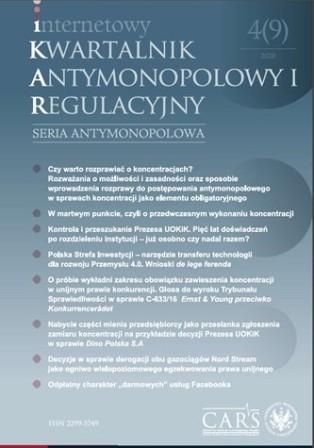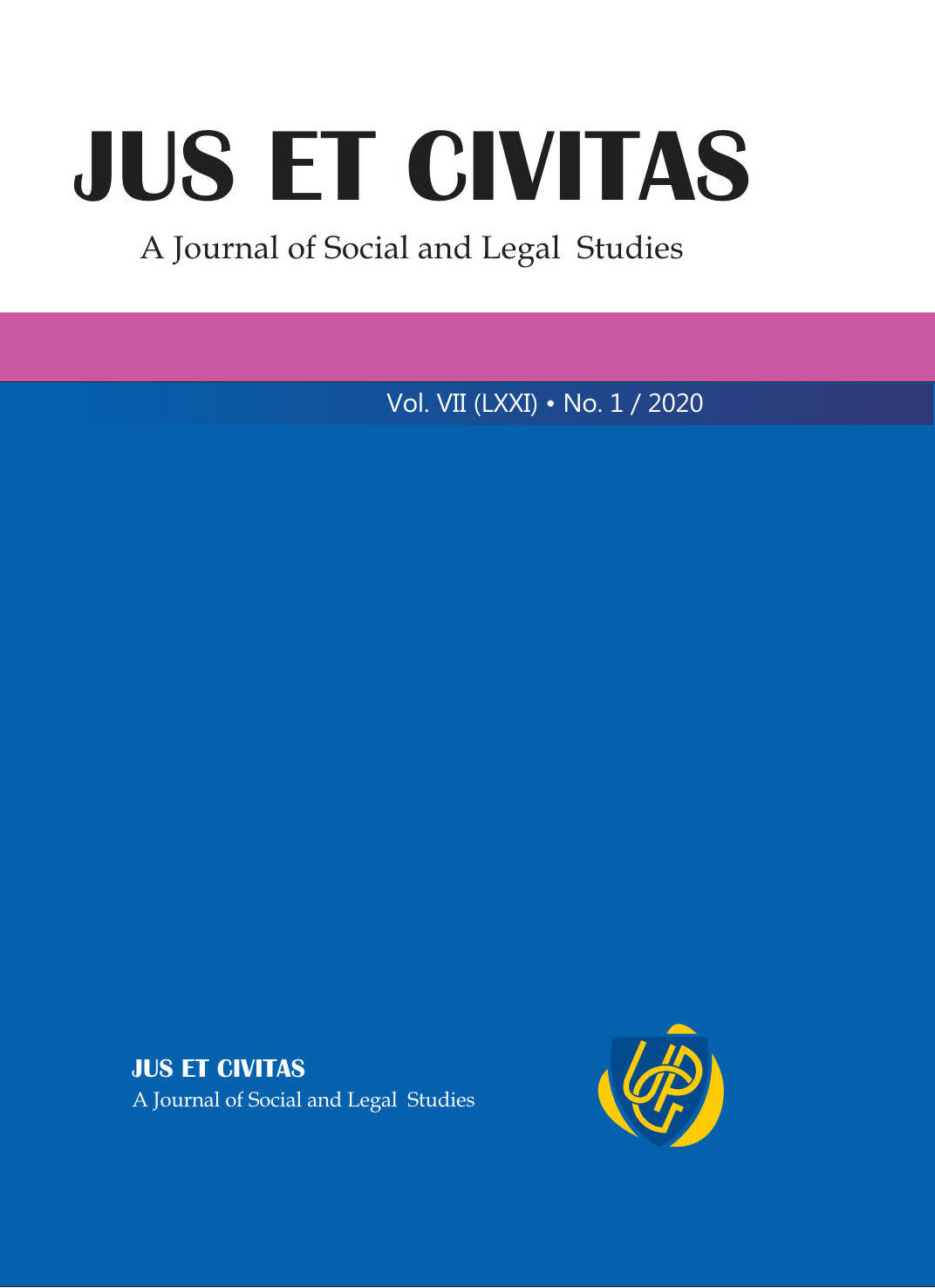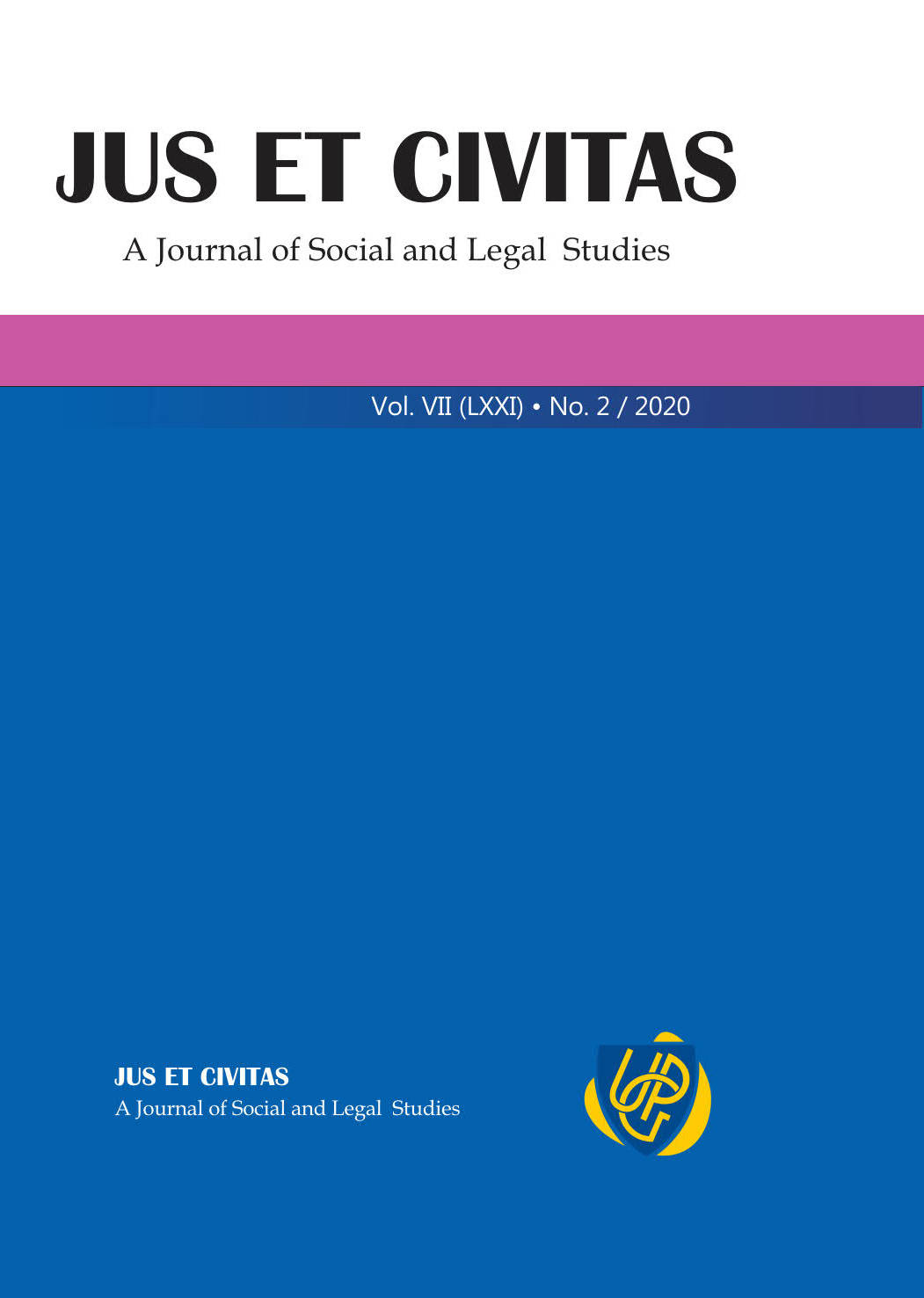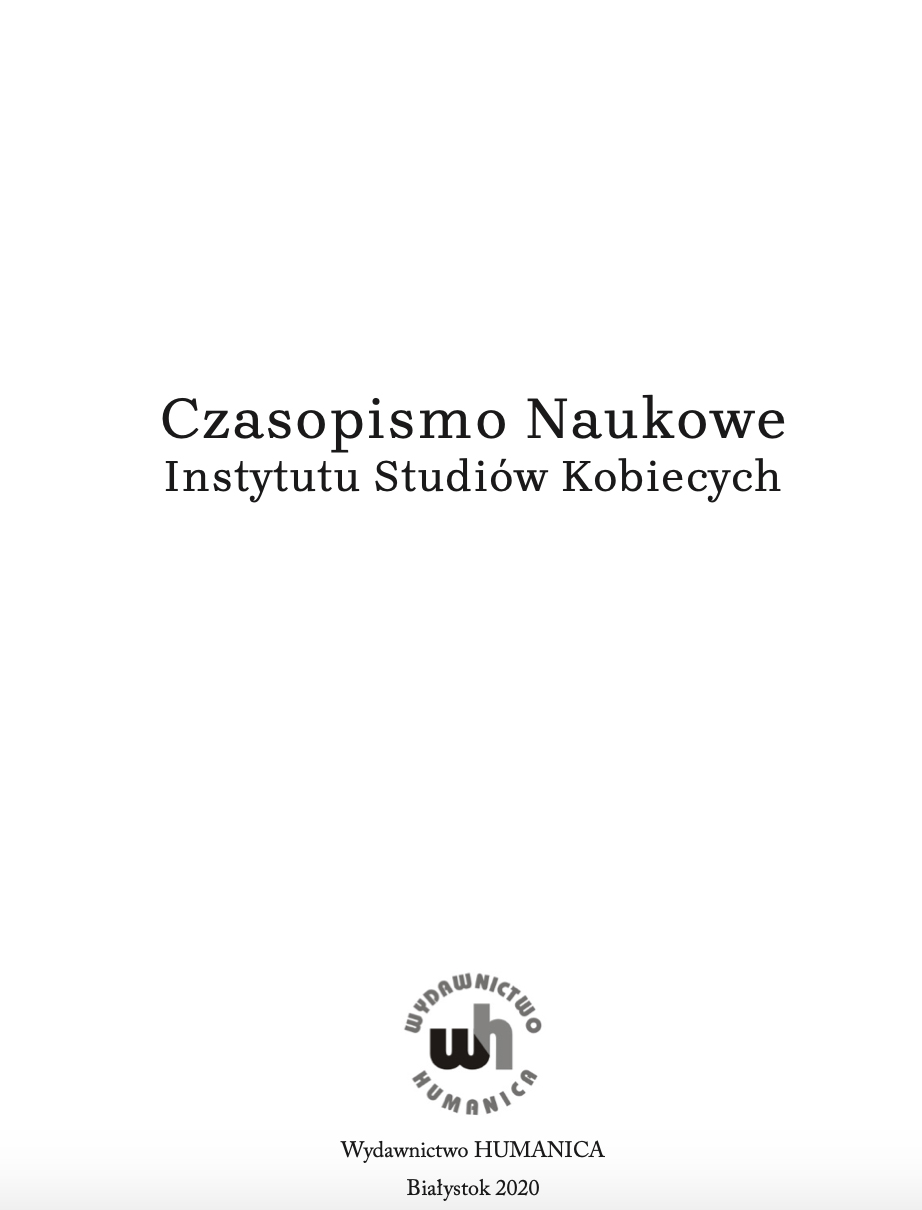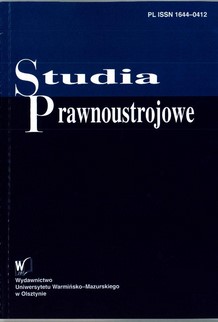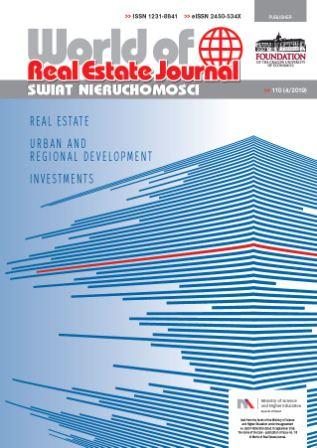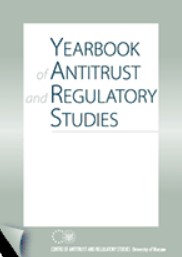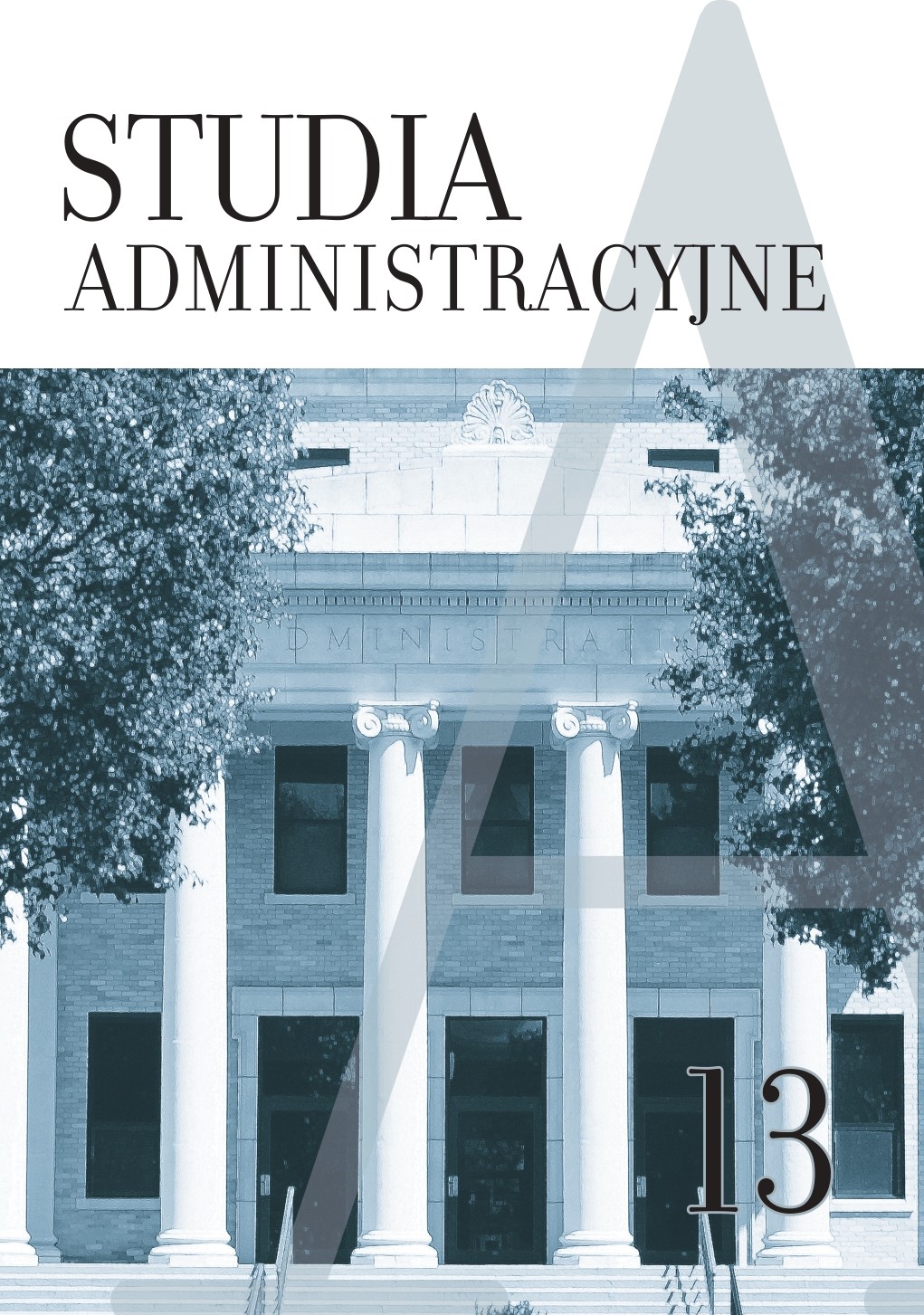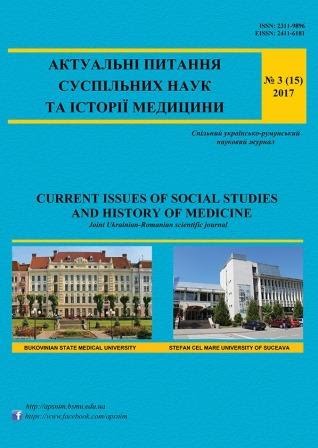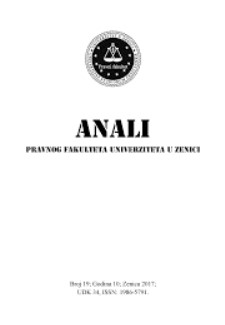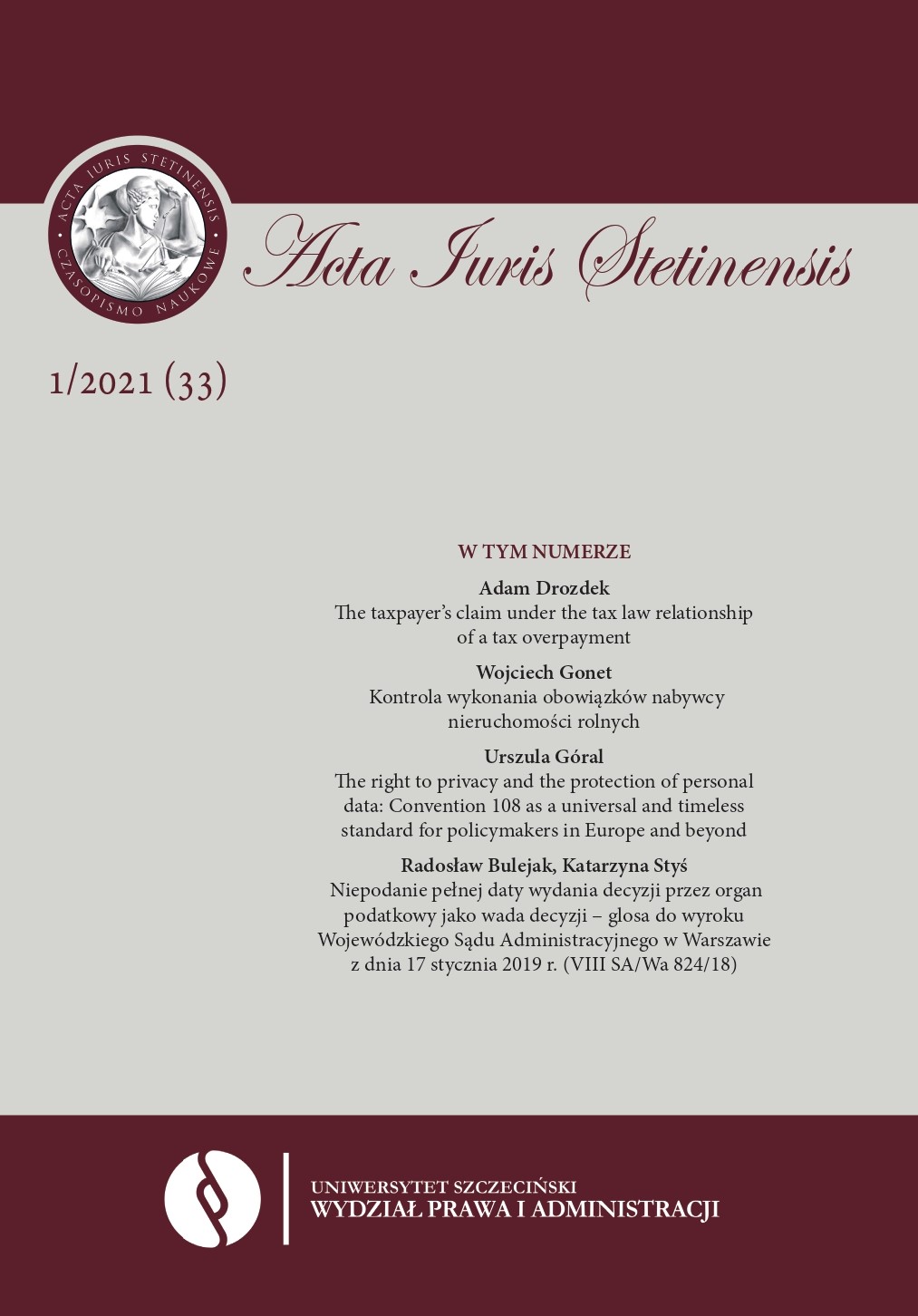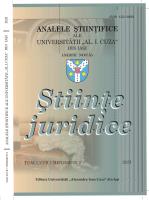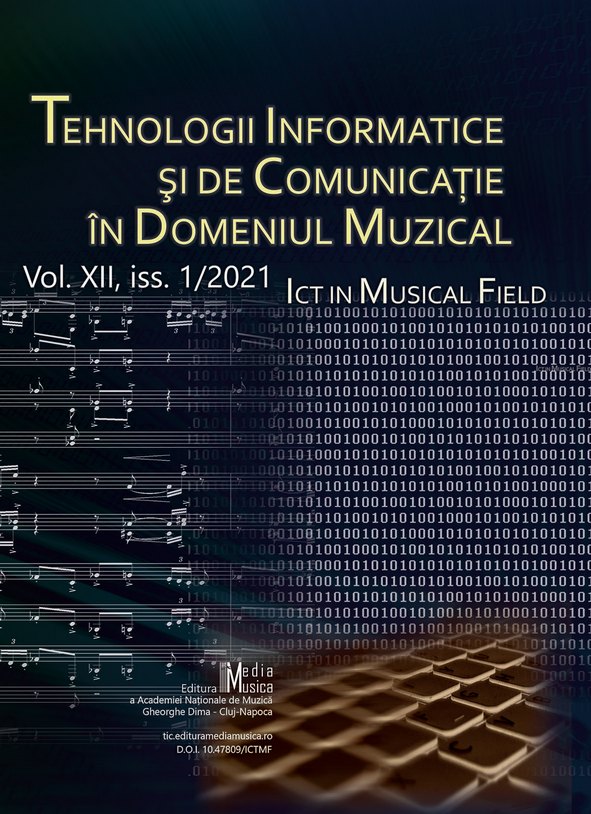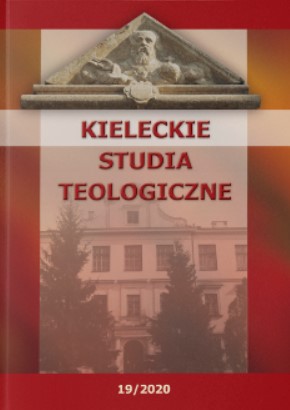
Sacrum między profanum, czyli o kwestiach wyznaniowych w testamentach szlachetnie urodzonych kobiet w Prusach Królewskich xvii-go wieku
The present article focuses on analysing religious matters in the wills of noblewomen born in the 17th century in Royal Prussia, an area once covered by the process of Ostsiedlung. The article attempts to answer the question of how often and to what extent sacrum-related issues arise in the context of a person’s last transition, i.e. death. Since, for the testator back in the day, the last will and testament served as a bridge between mortality and eternity, it was the will where the spheres of sacrum and profanum merged. This is why the wills of the past eras are a valuable source of knowledge about spirituality, including the religiousness, of those who prepared them. The present article analyses references to God, Our Lady, the Saints, and the Blessed of the Church contained in the analysed wills. The article also presents specific functions and contexts in which these entities appear in the analysed documents. The article sheds light on the testators’ spirituality and religiousness as well as the function of the last will and testament for noblewomen in Royal Prussia of the 17th century.
More...
